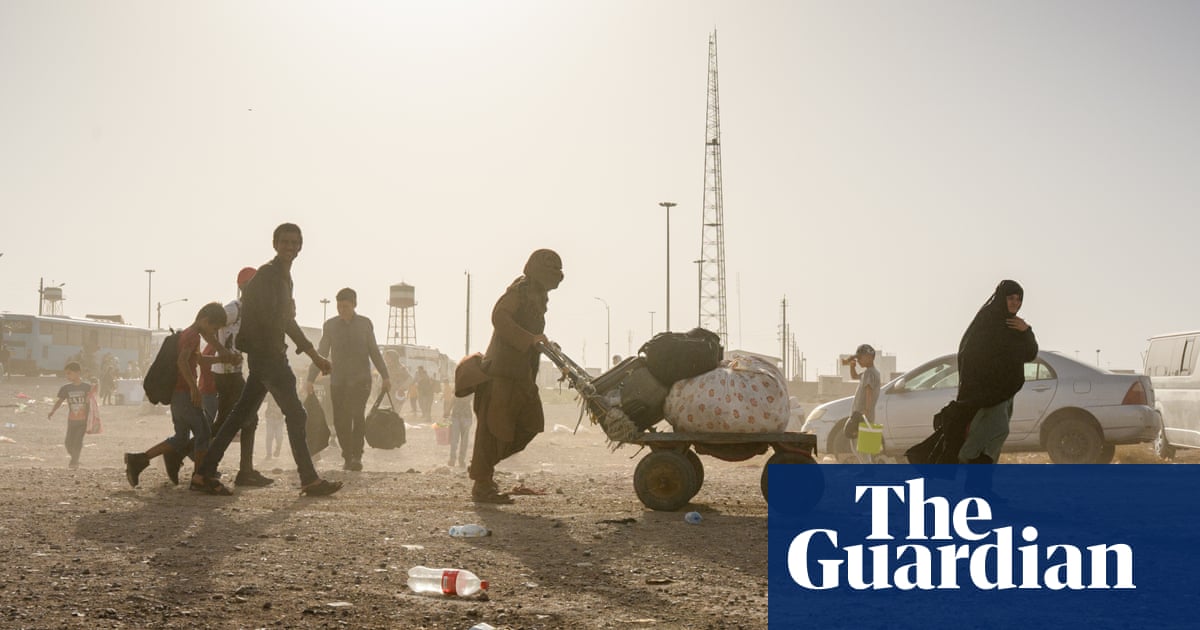
"The carelessness with which Britain went to war in Afghanistan was matched by the carelessness with which it left the country and its people to Taliban rule two decades later."
"In 2001 the US and its allies dressed up a war of revenge for the 9/11 attacks as a moral mission to protect women's rights and build democracy."
"Despite Taliban promises of moderation in 2021, there was no room for complacency as the militants had a history of violence against officials and civilians."
"The UK timeline for processing asylum requests of Afghans who remained, and who had worked for or fought with British diplomats and troops was measured in months."
The UK's treatment of Afghans who worked with British forces reveals a persistent negligence from the initiation of the war in 2001 to the withdrawal in 2021. Initial motives framed in a moral context, such as protecting women's rights, masked the reality of a hasty intervention that disregarded the complexities of Afghanistan. As the Taliban regained power, the British response was notably slow and inadequate, focusing primarily on international staff while neglecting immediate threats to Afghans who had supported British efforts. This lack of urgency was symbolized by the actions and remarks of British officials during critical moments of evacuation planning.
Read at www.theguardian.com
Unable to calculate read time
Collection
[
|
...
]